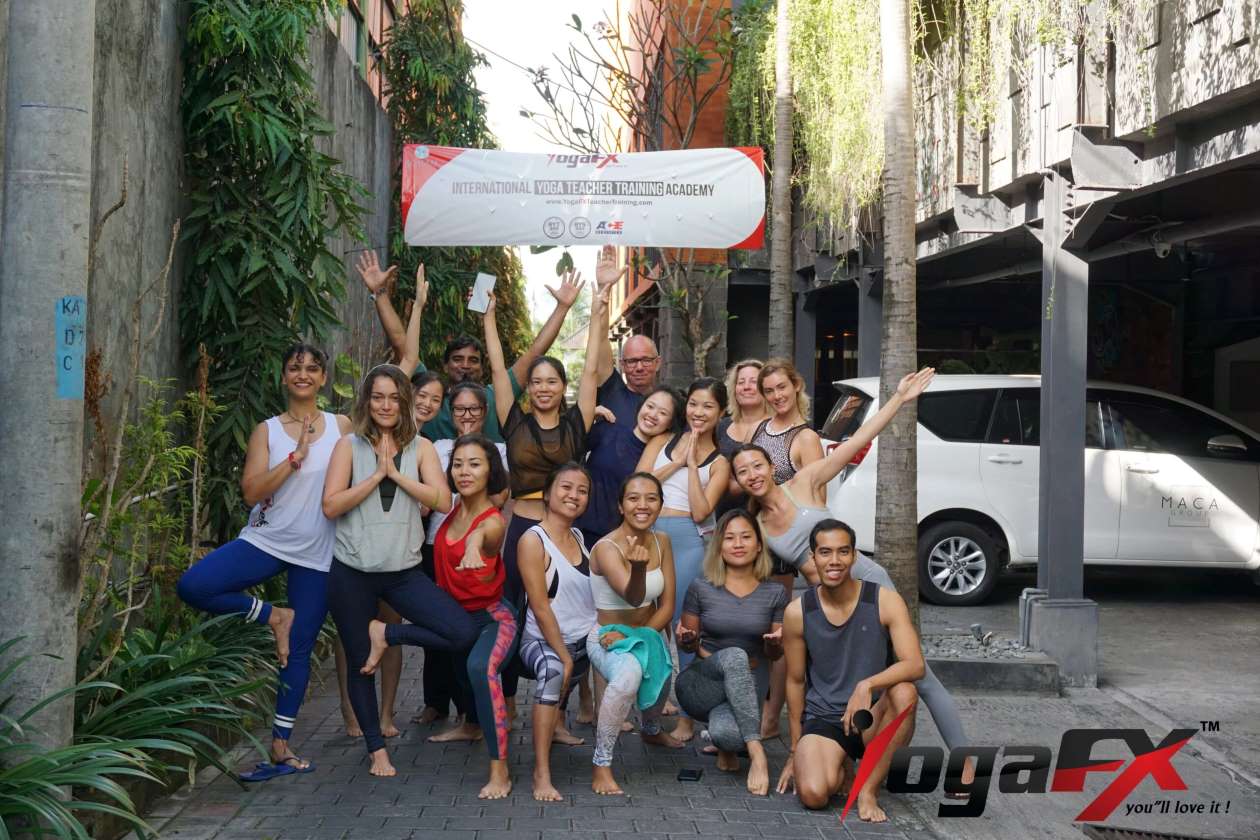Are you passionate about yoga and considering a career as a yoga instructor? If so, you might be wondering, “How much do yoga instructors make money?” It’s a valid question to ask, as financial stability is an important aspect to consider when embarking on any career path. While yoga undoubtedly offers a wealth of mental, physical, and spiritual benefits, understanding the financial rewards of becoming a yoga instructor is crucial for those contemplating this serene profession.
In this blog post, we will delve into the world of yoga instruction and shed light on the earning potential for dedicated yoga practitioners. From exploring the various factors that influence yoga instructor salaries to uncovering lucrative opportunities within the industry, we will provide you with a comprehensive understanding of the financial aspects associated with a yoga teaching career.
Whether you’re an aspiring yoga instructor seeking financial security or simply curious about the earning potential within this field, this article will serve as your guide to unraveling the financial aspects of being a yoga instructor. So, let’s embark on this enlightening journey to discover the lucrative possibilities that await those who choose to share the transformative power of yoga with others.

Factors Influencing Yoga Instructor Salaries
Certification and Training
One of the primary factors that can influence a yoga instructor’s salary is their level of certification and training. A certified yoga instructor has completed a recognized program and has acquired the necessary knowledge and skills to teach yoga effectively. Specialized training, such as hot yoga teacher training or Bikram yoga teacher training, can also enhance earning potential. These programs focus on specific styles of yoga, such as Hot 26 and 2 yoga or Bikram yoga, which have gained popularity for their heated studio environments and specific sequences of postures. With the rising demand for hot yoga, instructors who possess certification in hot yoga or Bikram yoga often command higher fees due to their expertise in these specialized practices.
Experience and Expertise
Experience plays a crucial role in determining a yoga instructor’s earning potential. As instructors gain more teaching hours under their belt, their value and reputation in the industry tend to grow. Experienced instructors often have a deeper understanding of yoga, refined teaching techniques, and the ability to guide students through advanced poses. This expertise can lead to opportunities for higher-paying teaching positions, private sessions, and invitations to lead workshops or retreats.
Location and Demographics
Where you choose to teach yoga can significantly impact your income. The yoga market varies from city to city, with certain areas experiencing higher demand and more competitive pricing. Urban centers or regions with a strong yoga culture generally offer more opportunities for yoga instructors and potentially higher pay. Additionally, the local demographics, such as the population’s disposable income and interest in wellness, can influence the demand for yoga classes and the willingness to pay premium prices.

Types of Yoga Instructor Positions
Studio-Based Instructors
Many yoga instructors begin their careers by teaching at yoga studios. Studio-based instructors often receive compensation based on an hourly rate, per class taught, or a revenue-sharing model. The rates can vary depending on the studio’s location, reputation, and clientele. In some cases, yoga studios offer tiered compensation structures that reward instructors with higher pay as they gain experience and develop a loyal student following.
Corporate and Private Instructors
Yoga instructors can also explore opportunities beyond studios. Corporations increasingly recognize the benefits of incorporating yoga into their wellness programs, leading to the demand for yoga instructors to conduct classes in corporate settings. Private instruction is another avenue where yoga instructors can earn higher rates by offering personalized sessions to individual clients or small groups. By building relationships with corporations or private clients, instructors can establish a steady income stream and potentially negotiate favorable rates.
Diversifying Income as a Yoga Instructor
Workshops, Retreats, and Special Events
Yoga instructors can supplement their income by hosting workshops, retreats, and special events. These opportunities allow instructors to share their knowledge and connect with a wider audience. Workshops focused on specific topics or advanced poses can attract yoga enthusiasts seeking deeper learning experiences. Retreats offer participants a chance to immerse themselves in yoga practice over an extended period, often in serene or fascinating locations. Special events, such as yoga festivals or collaborations with other wellness professionals, provide exposure and potential additional income.
Online Platforms and Digital Offerings
The digital landscape has opened up new possibilities for yoga instructors to reach a global audience and generate additional income. Online platforms allow instructors to offer virtual classes, memberships, or downloadable content, expanding their teaching beyond the limitations of physical spaces. Creating digital offerings can provide passive income streams and cater to individuals who prefer practicing yoga at home or require flexible schedules. Yoga instructors can also leverage social media platforms and establish their personal brand to attract a larger following and monetize their online presence.
Balancing Passion and Financial Expectations
It’s essential to approach a yoga teaching career with a realistic understanding of the financial aspects. While some yoga instructors enjoy substantial incomes, it’s important to note that not all instructors achieve high earning potential. Factors such as location, competition, and personal branding play a significant role in financial success. Balancing passion and financial expectations requires careful consideration of one’s lifestyle, financial goals, and the market dynamics in the chosen location.
Conclusion
Embarking on a career as a yoga instructor offers numerous rewards beyond financial gains. However, understanding the financial aspects of the profession is crucial for those seeking stability and a sustainable income. As we’ve explored in this article, factors such as certification, experience, location, and diversification of income sources play significant roles in determining a yoga instructor’s earning potential. While financial success may vary, there are opportunities to increase income through specialized training, teaching in diverse settings, and leveraging online platforms.
If you are interested in exploring hot yoga teacher training, consider the YogaFX Hot 26 and 2 teacher training program led by renowned instructor Mr. Ian YogaFX. This comprehensive program equips you with the skills and knowledge to teach the popular Hot 26 and 2 yoga style. By investing in this specialized training, you can enhance your expertise, increase your earning potential, and join the growing community of hot yoga instructors.
Remember, a yoga teaching career is a journey that blends passion, purpose, and financial stability. By staying informed, continually expanding your skills, and embracing opportunities to diversify your income, you can navigate the path of a yoga instructor with confidence and fulfillment






